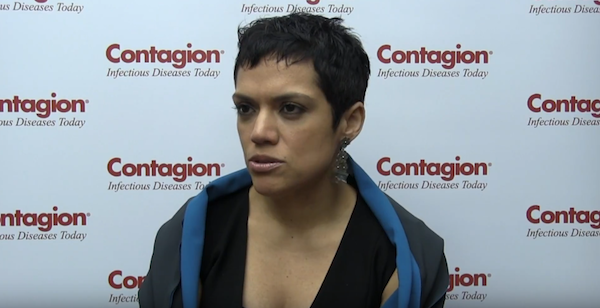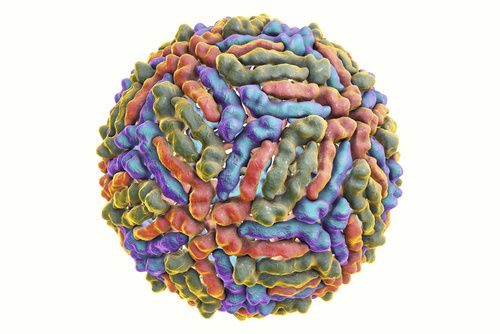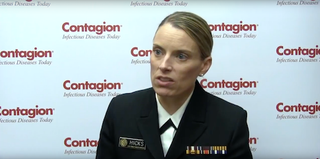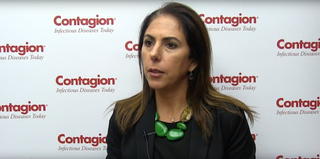
Prevention
Latest News
Latest Videos

CME Content
More News

Although the recent measles outbreak in Minnesota has been declared to be over, its occurrence underscores the need to address the larger issue of vaccine uptake in the United States.

The National Institutes of Health has awarded a 4-year, $4.8 million grant to the University of Arizona to speed up the development of delta-CPS1, a vaccine candidate to fight valley fever.

A new study suggested that neonatal sepsis, which kills 1 million infants around the world each year, may be prevented with synbiotic treatment.

Stay up-to-date on the latest infectious disease news by checking out this snapshot of our top 5 articles of the week.

Edmond LaVoie, PhD, shares different approaches that can be used to forestall the development of antibiotic resistance.

The CDC shares ACIP’s recommendations regarding the prevention and control of seasonal influenza with vaccines for the 2017-2018 season.
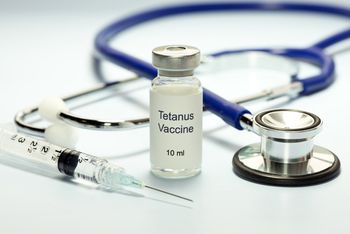
As Hurricane Harvey continues to dump heavy rains on Texas, health officials are urging residents to stay away from floodwater and get tetanus shots.

Alan Gross, PharmD, BCPS-AQID, shares how the Society of Infectious Diseases Pharmacists is working to improve antibiotic stewardship programs in long-term care facilities.
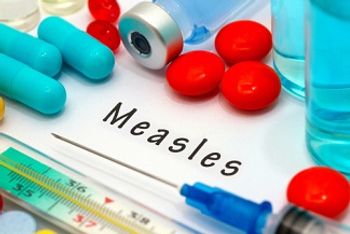
A measles outbreak that affected 79 individuals in the state of Minnesota this spring and summer 2017 was recently declared “over” by the Minnesota Department of Health (MDH).
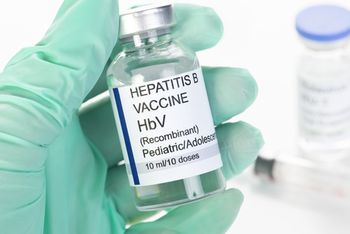
In an updated policy statement, the American Academy of Pediatrics recommends newborns receive their first dose of the hepatitis B (HBV) vaccine within 24 hours of birth to improve protection against the virus.

To paraphrase Anthelme Brillat-Savarin, “we are what we eat”—Especially when it comes to antimicrobials and food-producing animals.

One study has found that pregnant women were more likely not to have their children vaccinated on time, after receiving negative information on vaccines from their friends and family, even after receiving positive information from their doctors.

Shedding light on the perils of faulty personal protective equipment.
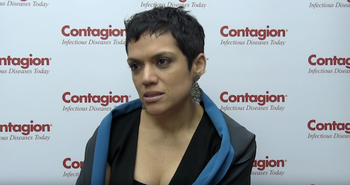
Silvia Munoz-Price, MD, PhD, shares a few issues that hospital epidemiologists currently face.

A recent review looking at research literature finds that cholera vaccines provide substantial protection for adults, but significantly less protection for children.

Jason Pogue, PharmD, BCPS-ID, explains the clinical significance of his research team’s findings regarding the use of ceftolozane-tazobactam to treat Pseudomonas infections.

Negative pressure isolation rooms will be in high-demand during an outbreak of SARS, MERS, or pandemic flu, but how will we meet these needs?

While antibiotic resistance continues to lead to deadly Clostridium difficile infections, a team of researchers has found that a probiotic may offer a new way to kill the superbug.
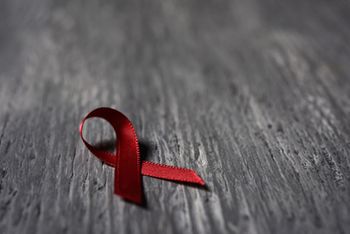
Dr. Brennan-Ing, ACRIA, shared in a presentation at the 125th Annual Convention of the American Psychological Association that a growing population is being overlooked when it comes to HIV treatment and prevention: older adults.
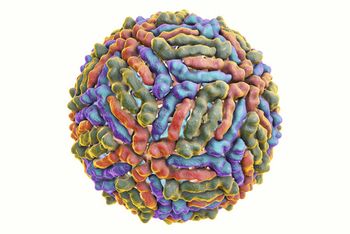
New West Nile virus cases are being reported by states in the South, Midwest, and West Coast region, as health officials look to September and the end of the season.

This week we explore whether or not a national state of emergency and criminalizing opioid abuse will really help to stop the problem.

Edmond LaVoie, PhD, explains how his team’s approach can be applied in the development of novel drugs for the treatment of drug-resistant infections caused by Gram-negative and Gram-positive bacteria.

The results of a new study from Vanderbilt University provide more support for breastfeeding, revealing that sugars in human breast milk can help protect babies from bacterial infections.

Daniel Pilch, PhD, discusses the approach that he and his team took to develop a new drug to fight MRSA.

New research reveals a way to help increase healthcare provider hand hygiene by empowering patients to take an active role.

